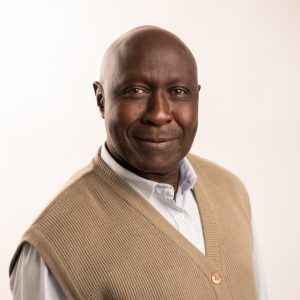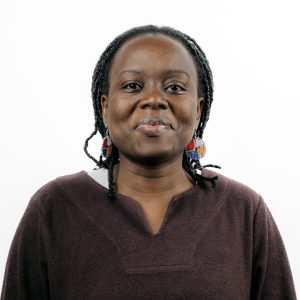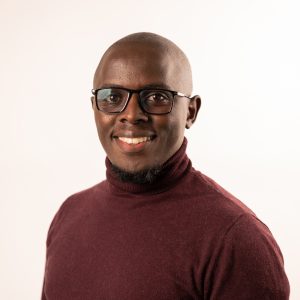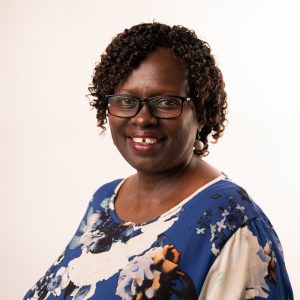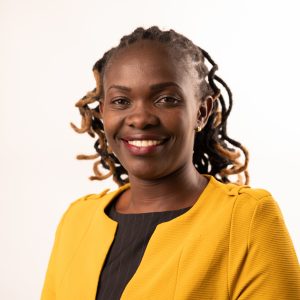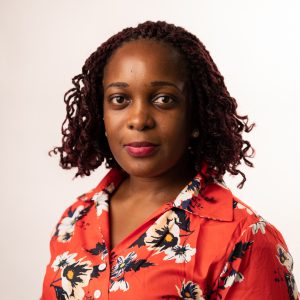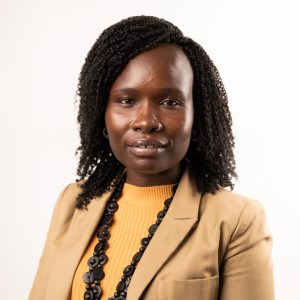East Africa
ERIKS Development PartnerERIKS work in the region
In East Africa ERIKS is working in four countries: Uganda, Kenya, South Sudan and Ethiopia. We work in partnership with local and international organisations using an integrated approach, strengthening children’s rights to education and leisure, health, and protection. Climate change is visible in the region with for example recurrent floods and droughts. Therefore, our interventions include disaster risk reduction and resilience strategies. We also respond to humanitarian crises when they occur in the countries within the region.
Our operations are managed by our regional office in Kampala, Uganda and with staff also located in Kenya and South Sudan.
In Kenya, we focus on children’s rights to health, including maternal health and sexual and reproductive health and rights (SRHR) among adolescents, children’s rights to education and leisure as well as protection. We also aim to strengthening the resilience of vulnerable households in the face of harmful effects caused by climate change.
Even though progress has been seen in the country during recent years concerning the enhancement of children’s rights, several challenges remain. In relation to education, health, and protection, it can be noted that many children in the Arid and Semi-Arid lands (ASAL) are unable to attend schools due to the long distances, the fact that many girls are married at the onset of their menstrual periods, and hundreds of girls continue to undergo Female Genital Mutilation (FGM) and consequently lack the same development and education opportunities as boys. Poverty rates also reveal pronounced geographical inequity.
In Kenya, ERIKS is mainly focusing on the ASAL region with additional interventions in Eastern, South-Eastern and Central Kenya. Currently, we are working in collaboration with seven partner organisations. Through our interventions we have been able to see improved fulfilment of children’s rights in the areas of operation. Parents and caregivers have been involved and engaged in, for example, children’s education and their perception towards positive parenting and consideration of children’s rights and responsibilities as parents have improved. This has also been connected to the new Kenya Education Ministry Policy on Strong Parenting, therefore significantly contributing to the new education curriculum.
In Uganda, ERIKS’ focus is on promoting the rights of children to quality and inclusive education as well as the right to protection through the strengthening of parents and communities as well as advocacy efforts. We also aim to strengthen the resilience of vulnerable households also in the face of harmful effects caused by climate change.
Uganda has made progress towards promoting the rights of children. However, this progress is unevenly distributed throughout the country. In some communities, poverty has risen. In addition, even though the country has increased the number of children enrolled in school, the rate of children dropping out of school remains high caused by, among others, early pregnancies and child labour through exploitation connected to the mining industry. The number of children living on the streets has also steadily increased, posing new challenges.
Our work is visible throughout all regions of the country but with an additional focus on the northern and western parts of the country. Currently we are working in collaboration with eight partner organisations where we have for example seen positive developments connected to rescue, rehabilitation, and reintegration of street connected children together with local authorities. Emphasis is also laid on child participation in decision making through children’s clubs and parliaments, where we have been able to address topics such as violence against children and sexual and reproductive health and rights (SRHR). Children have also been able to address decision-makers on a national level where they have voiced their concerns of for example children’s health and access to information concerning SRHR, corruption and national budget allocations.
In South Sudan we are working to ensure that children affected by war and conflict grow up in a peaceful and safe environment with a particular focus on their right to education and protection.
South Sudan, as a war-torn country, face many challenges to ensure a peaceful, stable, and safe environment for all its citizens. The country is also affected by climate change such as recurrent droughts which negatively affect the possibilities for communities to cope in these challenging circumstances. Faced by these types of crises, the most vulnerable become even more vulnerable and as such children pay a high price.
ERIKS is working in collaboration with three partner organisations in the country with a particular focus in the regions of Warrap, northwestern parts of the country, East Equatoria, in the southeast part of the country as well as the capital Juba. Together with our partners we focus on early childhood development, ensuring primary education and social economic development of adolescents. We also work to build peace and resilience through peace dialogues among youth as well as introducing climate smart agriculture. In addition, we also work to promote child rights clubs where children learn about their rights but also receive possibilities to influence and learn where to turn in cases of child rights violations. Through the interventions we have seen a reduction in cases of forced child marriages and the denial of girls to attend school, where the commitments from both parents, communities and authorities positively contributed to these developments.
In Ethiopia, ERIKS focuses on children’s rights to education and leisure, health, and protection by promoting early childhood and primary education, focusing on nutrition as well as strengthening resilience of targeted communities.
Ethiopia is country prone to natural disasters through droughts with several periods of severe famine over the last decades. This has been further aggravated by civil conflict and political tension and despite fast growth in recent years, GDP per capita is still one of the lowest in the world. Most of the rural population depend on subsistent farming for their livelihoods. The average literacy rate is about 50 % with lower rate for women than for men. As such, there are many challenges concerning the fulfilment of children’s rights in the country.
ERIKS is currently working with four partner organisations in the regions of Dessie, in the northern parts of the country, Jijiga, in the eastern parts of the country as well as the capital Addis Ababa. Together with our partners we are focusing on early childhood education, children’s nutrition, and formation of self-help groups for development of improved livelihoods opportunities combined with active community participation as important strategies.
Regional Office in Kampala, Uganda
ERIKS Regional Office
Plot 32, Kanjokya Street, Kampala
